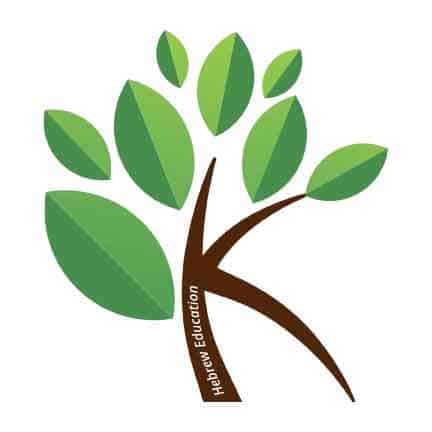I’ve seen the four agreements here and there on the internet over the years, but I finally got around to reading the book where they came from, Don Miguel Ruiz’s The Four Agreements.
In the spirit of the first HASKAMAHagreement – הסכמה I’ll keep my opinions on the book to myself, and focus on the utility of ARBA HAHASKAMOTthe four agreements – ארבע ההסכמות. They’re essentially tenets of a CHOZEHcontract – חוזה that you make with yourself in order to live a happier, more fulfilling, and less stressful life.
Download The Four Agreements in Hebrew PDF
The graphic above has the HAHASKAMOT in Hebrew, and with transliterations and translations.
HAHASKAMAH HARISHONAHthe first agreement – ההסכמה הראשונה is to quite literally guard the puritytohar – טוהר of your words. Words have KOACHpower – כוח, and when we agree to be impeccable with our MILIMwords – מילים, we avoid speaking BE’OFEN SHLILInegatively – באופן שלילי about ourselves and others. We use our words to heal, to help, LE’ODEDto encourage – לעודד, and to uplift.
HAHASKAMAH HASHNIYAHthe second agreement – ההסכמה השנייה is to never take anything BE’OFEN ISHIpersonally – באופן אישי. People’s actions are a reflection of their own MACHSHAVOTthoughts – מחשבות and realities, and it’s not our ACHRAYUTresponsibility – אחראיות to try and process the HITNAHAGUTbehavior – התנהגות of others. It also encourages us LISHOL SHE’ELOTto ask questions – לשאול שאלות, which relates to the next agreement.
HAHASKAMAH HASHLISHITthe third agreement – ההסכמה השלישית is to not make HANACHOTassumptions – הנחות. Assuming presumes that we know BEVADA’UTfor sure – בוודאות what others are thinking and feeling, which of course, we don’t. Instead of jumping to MASKANOTconclusions – מסקנות, we seek more information and clarity, and of course, ask.
HAHASKAMAH HAREVI’ITthe fourth agreement – ההסכמה הרביעית is to always do your best, regardless of your feelings or circumstances. If one day you’re not feeling well and you can only manage half the MATALOTtasks – מטלות on your to do list, then you’ve done the best you could. This agreement lets you feel satisfied with your accomplishments each day, knowing that you gave all that you were able to give.
Will you incorporate (or have you already incorporated) any of these agreements into your life? Let me know your thoughts in the comments!


Daily Everyday Hebrew Sentence Videos: Notes + Activities for Weeks 4-6
Over the past few weeks, our daily everyday Hebrew Sentence Series have focused on wearing a mask, washing your hands, and making a peanut butter & jelly sandwich in Hebrew. If you're new here - welcome! - check out the first review post here. Before we get into...

Daily Everyday Hebrew Sentence Videos: Notes + Activities for Weeks 1-3
A few weeks ago, I launched a daily everyday Hebrew Sentence Series on YouTube to help you learn everyday Hebrew, one sentence at a time. Each week, we focus on a particular action, like reading a book, wearing a mask, or making a PBJ sandwich, and break down that...

Imperative Verbs in Hebrew + How to Make Small Talk
One of my favorite Instagram pages belongs to cartoonist and animator Nadav Nachmany, who posts short comics on his page daily. The comics use everyday spoken Hebrew, including healthy doses of slang, and always make me smile or laugh. I wanted to create a blog post...

How to Type Hebrew Vowels (Nikkud) on a Mac
Typing in Hebrew on a Mac is pretty simple, and fortunately, typing with Hebrew vowels (nikkud) is also pretty straightforward. To type most Hebrew vowels, you use the Alt/Option key plus the tilde (~) or number keys. To add a dagesh (e.g. בּ), hold down Alt/Option...


What a joy to find the four agreements in Hebrew.
Thank you.